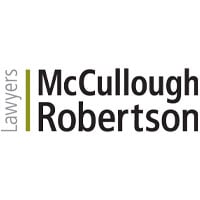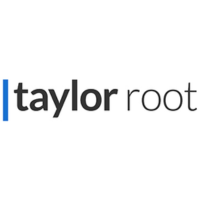

Group head corporate legal | Royal Automobile Club of Queensland (RACQ)




Michael Donnan
Group head corporate legal | Royal Automobile Club of Queensland (RACQ)
Team Size: Eight
What has been the number one challenge that has impacted you over the past year?
The number one challenge for the RACQ legal team in the last year has been prioritising the most critical and high priority pieces of work facing RACQ’s various business lines. RACQ operates across a number of different business lines within financial services, roadside assistance, travel and solar energy businesses. The various companies all have various priorities. In financial services, there has been widespread reform following the Royal Commission inquiry and wide-ranging regulatory reforms that the business has needed to adjust and plan for. The roadside and travel businesses were also significantly impacted by the pandemic and navigating the challenges arising from it has also created significant streams of legal work that have required prioritisation. It’s amazing to think how versatile, resilient and adaptable businesses have been across the economy to face the challenges posed by Covid.
Looking forward, what technological advancements do you feel will impact the role of in-house legal teams in the future the most?
ChatGPT is the current flavour of the month in terms of how it can be adapted for the provision of legal services. In the in-house space, where resources and efficiency are critical ingredients, I’m sure ChatGPT will continue to be a major focus in the years ahead. In terms of general technology tools, these will continue to be relevant for legal precedent management and automation, triaging of legal work across the in-house team, data reporting on in-house legal team performance and an enterprise-wide document management system (DMS). Having a fully functioning DMS greatly assists when responding to production notices issued in the litigation spaces, where large amounts of data are frequently being requested (often within a short time period for production).
What would you say are the unique qualities required to be successful as an in-house lawyer in your industry?
In-house legal practitioners are required to draw upon a range of different qualities. Some of the key qualities that make a successful in-house lawyer concern a sound legal background, the ability to problem-solve, deep knowledge of your company’s business, and genuine care and passion.
Across the in-house spectrum, there are broad categories of law and most lawyers will have a stronger background in a specific area (e.g., corporate drafting, property, litigation and regulatory, employment, taxation). It’s important when working in-house to be curious and willing to expand the legal skill set you have.
The phrase ‘no single day is the same’ has great application to in-house legal practice. When working in external law firms in highly specialised areas, it’s typical to build sophisticated legal precedents. With in-house practice, you will frequently come across legal issues novel to you, the company or both. It’s important to have a disciplined approach to solving these issues so that you can provide your internal clients with sound and practical advice.
Working in-house for a company enables lawyers to gain a deep understanding of how the business is run and allows in-house lawyers to quickly accumulate relevant information when trying to solve legal problems. Working for a company that is your client, and genuinely caring about the work you do for them, enables in-house lawyers to be more invested in work outcomes.
Corporate Legal Head | RACQ